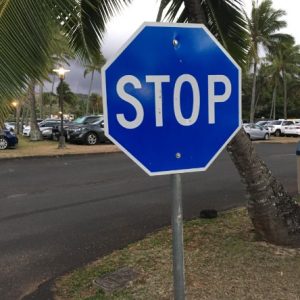You’ve long run a 240‑acre ranch solo—handling everything from fence repair to birthing calves—and yet, a remark from a clerk at the feed store chipped away at your confidence. Dressed in your usual ranch gear, you were mocked with the implication that you were lost or needed assistance from a man, despite your years of independent work. Back home you discovered a note nailed to your barn door reading, “I know what you did with the west pasture.” That west pasture, thirty acres you restored after your ex left it degraded, is a point of pride and vulnerability both.
Over the next days you noticed telltale signs of intrusion: footprints by the pasture pond, scratch marks on your barn door, and a shadowy figure attempting to break in one evening. The fear they were merely playing a prank dissolved when the breach attempt made clear it was an intimidation tactic. You turned to your network—your neighbor Roy (well‑intentioned but patronizing), fellow rancher Lucia, and the local sheriff’s office—for help and support. It became clear that the threat was part of something broader: undercover photos of your land were being taken by a land consultant, Lillian Black, working with a development company that was pressuring regional ranchers to sell.
With community support and visibility on the tactics being used, you and your allies pushed back—and the development company withdrew, at least for now. This experience reaffirmed an important lesson: asking for help doesn’t signal weakness, it reinforces strength. You remain committed to running your ranch on your own terms, standing your ground against intimidation, and protecting the land you’ve worked hard to rebuild.
You’re still here, still standing, still managing your ranch and pair of pastures—perhaps a bit more vigilant, but undeterred. And you’ve discovered that courage isn’t always silent or solitary: sometimes it comes from bringing others in and showing you’re not isolated.




